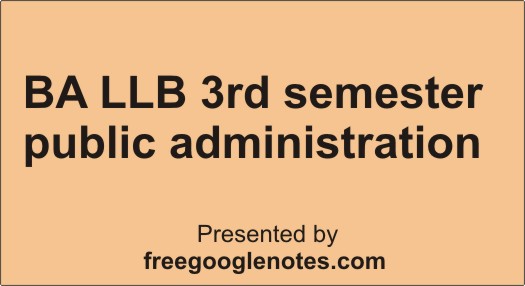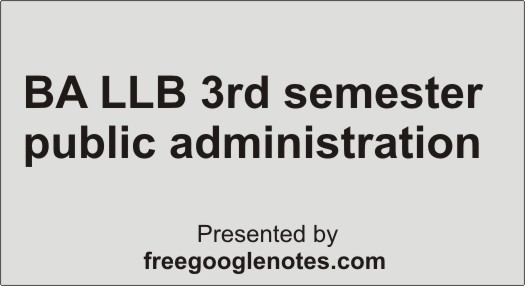Table of Contents
International Relations Study Notes
In the below post you will read
International Relations Study Notes
for more, you can follow @blogger_priya
Q1. Describe the composition, powers, and functions of the Security Council.
Ans The Security Council
The Dumbarton Oaks Proposals emphasized the need for an executive organ of international membership to be entrusted with “primary responsibility for the maintenance of international peace and security.” Indeed, the increased degree of centralization of the procedures for maintaining international peace and security, making the Security Council even more essential than the Council of League. It has to function continuously and take a decision quickly and effectively so as to bring into operation the enforcement machinery of Chapter VII of the U.N. Charter wherever international peace and security is threatened. It is the Guardian-in-Chief for the maintenance o international peace and security.
Composition
The Security Council consisted of the eleven now 15 members of the United Nations., According to the original provision nationalist China, France the Union of Soviet Republics, the United Kingdom of Great Britain and Northern Ireland, and the United States of America were permanent members of the Security Council. Now Communist China has also become a member of the Security Council.
The General Assembly had to elect six now 10 other members of the United Nations to be non-permanent members of the Security Council, according to the contribution of members of the United Nations to the international peace and security and to the other purposes of the Organization, and also to achieve equitable geographical distribution.
The non-permanent members of the Security Council were to be elected for a term of two years! A retiring member shall not be eligible for immediate re-election. (According to Art. 23 each member of the Security Council shall have one representative
According to Article 23 of the Charter, the Security Council shall
consist of eleven members (now 15). of which. five are “permanent members”, namely, China, France, U.S.S.R., U.K. and ..A. (The permanent members enjoy exceptional status not only by virtue of their permanency but also by reason of, special voting rights. The power of Veto is the most important right! As Jessup puts it, “the justification for granting this exceptional status to five members lies in inescapable the fact of power differentials.” The provision of the Charter has placed the great Powers above law, for a permanent member can even veto enforcement action against itself. Besides the “Bit Five” there are ten non-permanent members of the Security Council.
Double Standards
In spite of its profession of universal brotherhood and “sovereign equality” of all nations, UNO applies a double standard to the conduct of international relations rigid subjection to the rule of the law. for the small powers and freedom from the law for the Treat Powers.) As late Mr. Nehru pointed out the Assembly’ contained no real representation for half of the population of the world that lives in Asia. In fact, the assumption made in 1945 that these five named states were the “Great Powers”, was, of course, a political judgment. It introduced a static element into the Charter, for it cannot be assumed that these five will necessarily remain five. “Great Powers”, was of course, a political judgment. It introduced a static element into the Charter, for it cannot be assumed that these five will necessarily remain five “Great Powers” forever. The retaining of old China on the list of 1945 presents a peculiar scene of this principal organ. In contrast to the status of permanent members, the non-permanent members are elected for two years by the General Assembly. ‘They are not immediately eligible for re-election. At present, there are 10 non-permanent members of the Security Council.
Voting Procedure
The ‘voting procedure of the Security Council is stated in Article 27 of the Charter as follows :
(1) Each member of the Security Council shall have one vote.
(2) Decisions of the Security Council on procedural matters shall be made by an affirmative vote of nine members (formerly seven).
(3) Decision of the Security Council on all other members shall be made. by an affirmative vote of nine members (formerly seven including the concurring votes of the permanent members); provided that in decisions under Charter VI, and under paragraph 3 of Article of 52, a party to dispute shall abstain from voting.”
The Security Council shall be so organized as to be able to function continuously. Each member of the Security Council shall for this purpose be represented at all times at the seat of the Organization. The Security Council shall hold periodic meetings at which each of its members may if it só desires, be represented by a member of the Government or by some other specially designated representative.
The Security Council may hold meetings at such places other than the seat of the Organization as in its judgment will best facilitate its work”.
Right of Veto
Article 27 (3) stipulates that decisions of the Security Council on all other matters shall be made by an affirmative vote of seven members including the concurring votes of the permanent members of the Council, i.e., of seven members. This power of Veto has destroyed much of the efficacy of the Security Council. It has been said that the decline of the Security Council due to Veto provisions as the U.N. principal peacemaking organ and the emergence of the General Assembly is unquestionably thc most significant constitutional development since 1950 when the Uniting for Peace Resolution was adopted by the General Assembly to solve the deadlock created by the exercisc of veto power of the members of “Great Powers” Sometimes the permanent members abstain themselves from voting ráther than cast a negative vote which prevents the Council from taking a decision. This practice of abstention has been generally accepted as a constitutionally valid interpretation of the vote of ‘concurrence’. For example, the decisions of June 25 and 27, 1950, determining a breach of peace in Korea and recommending member státes to take up arms to assist South Korea, were taken in the absence of the U.S.S.R. This, when the permanent member abstains from using a Veto there may be said an implied “concurrence. But this cannot be said when the member is not present. Article 27 (3) lays down conditions under which abstention is compulsory. For example, a party to a dispute shall abstain from voting.
Conclusion:-
You have read International Relations Study Notes
in the above post
you can comment us your feedback.








